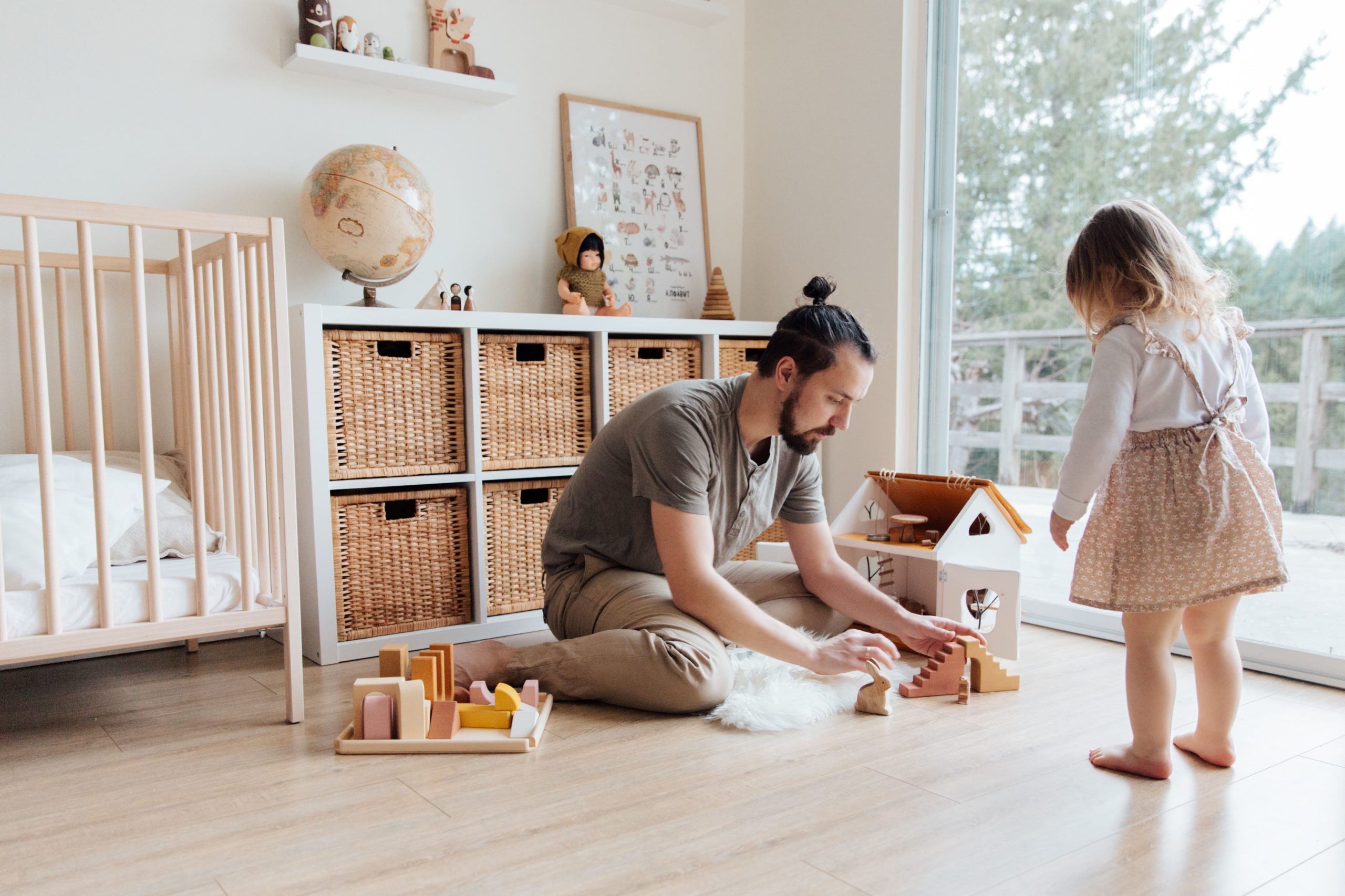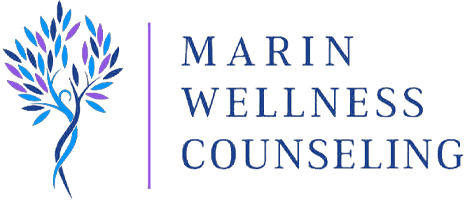What is Transacting and Why Should Parents Consider Moving Away from It?

The parent-child relationship may be the most confusing one you’ve had in your life. How can you have so much unconditional love for someone while feeling more frustrated with them than you feel fulfilled?
Consider your own childhood. How often was your behavior used against you instead of used as a sign to check in with you? How often did you act according to what your parents liked instead of what was most authentic to you?
Your child’s behavior is hardly ever on purpose; it’s mostly reactive or just hard to regulate. Learn to work with them, not against them, and your relationship will improve.
Open Your Mind to See Life Through Their Eyes
Let’s say you’re frustrated because your child went into your bathroom without permission, grabbed all of your makeup products, and started spilling them everywhere. By the time you notice, your child is covered in sparkles and denting the hairs in your blending brushes.
To you, your child is a nightmare! They don’t respect you enough to ask for permission, they’re not grateful for the toys they already have, and they’re not careful with other people’s things.
Before letting your emotions get the best of you and dealing out a transactional consequence, pause and think. Locking them up in their room or canceling an upcoming playdate won’t help them understand the correlated consequences of their actions.
Your child may recount the incident by saying, “I went to find Mommy, but she wasn’t in her bathroom. I started playing with her makeup because it looked so cool and fun, and I know she plays with it every day. I hope she can teach me to do it as well as her someday!”
When you meet your child with yelling and blaming before they even knew what they were doing, it can damage the relationship you have together. It creates mistrust and deters your child from coming to you for help out of fear of being attacked.
It also teaches them to mirror your response to other people’s feelings. If you never consider their feelings before speaking to them, why would they change their behavior to consider yours?
Strive for Intimacy, Not Transactions
If you only speak to your child about their behaviors, it shows you’re not interested in the thoughts (read: the person) behind them.
“Be quiet in the store and I’ll buy you candy,” is a transaction between two parties, not an educational tool on what culturally appropriate behavior looks like. You immediately teach your child that they owe you something in exchange for freedom to be themselves.
Read and Respond to Your Child’s Body Language
Adults criticize each other for hiding the truth by sugarcoating it or simply neglecting to share something important. Children are new here. They haven’t learned the crafty social skills you assume they use against you.
Instead, pay attention and be curious about their behaviors.
If they’re crying at a family picnic, show an interest in their frustration instead of isolating them from the family until they can get it together. Tears are a sign that children need help to process powerful emotions. Sending them away to fix it on their own just worsens their ability to self-regulate healthily.
Choose Grace Over Guilting
Don’t think about grace as something for which your children need to work. Give it to them out of an abundance of love, and always assume positive intent.
If you want them to pick up the dog droppings in the backyard, but know their favorite show is on tonight, you can remind them gently, without assuming they explicitly want to disobey you.
Try, “I know your favorite show is on tonight, but it looks like the backyard still needs to be done. Do you want to do that now, over lunch, or right before your show? I’m here to help you figure it out.”
Remember, parents are human, too! If you need help keeping your cool so you can be the best parent you can be, consider working with a counselor like me to sharpen your skills.

